
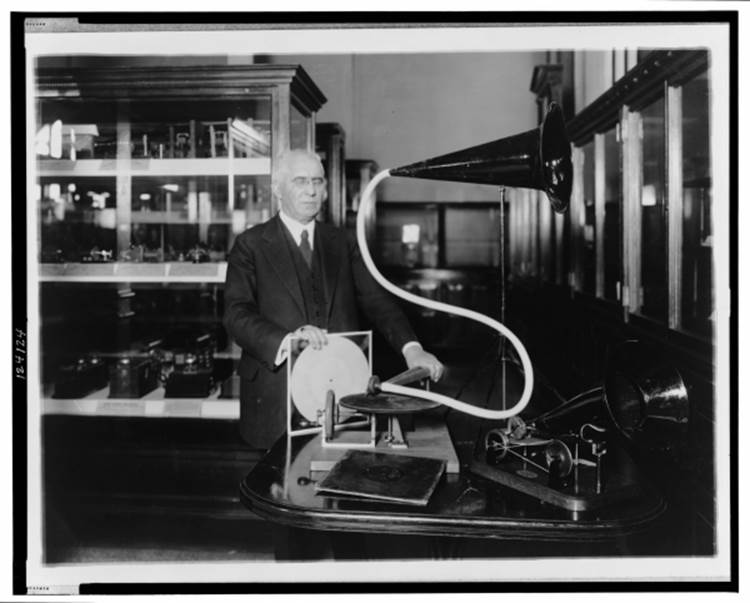
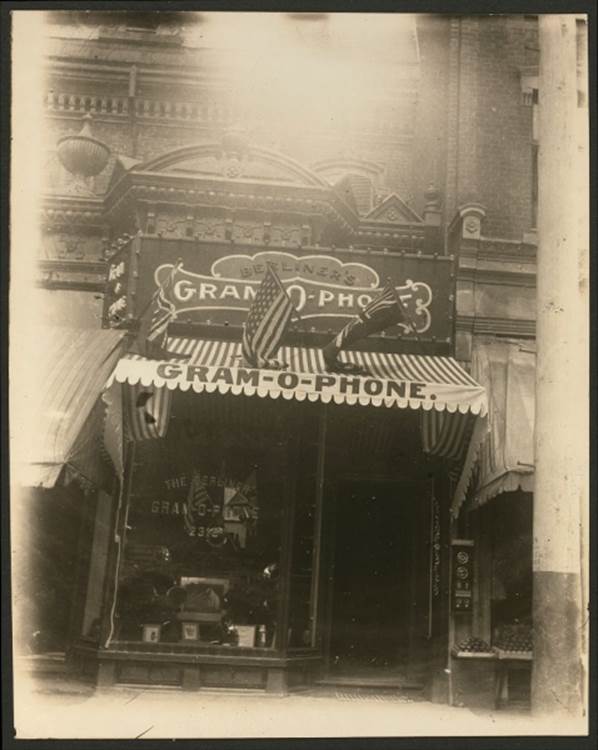
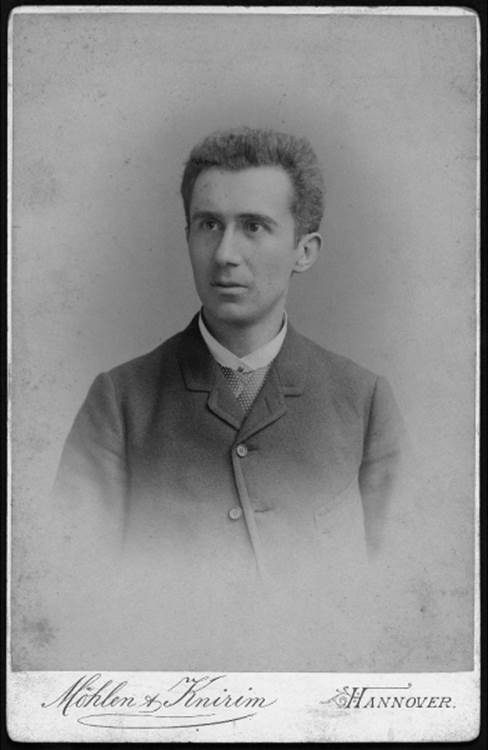
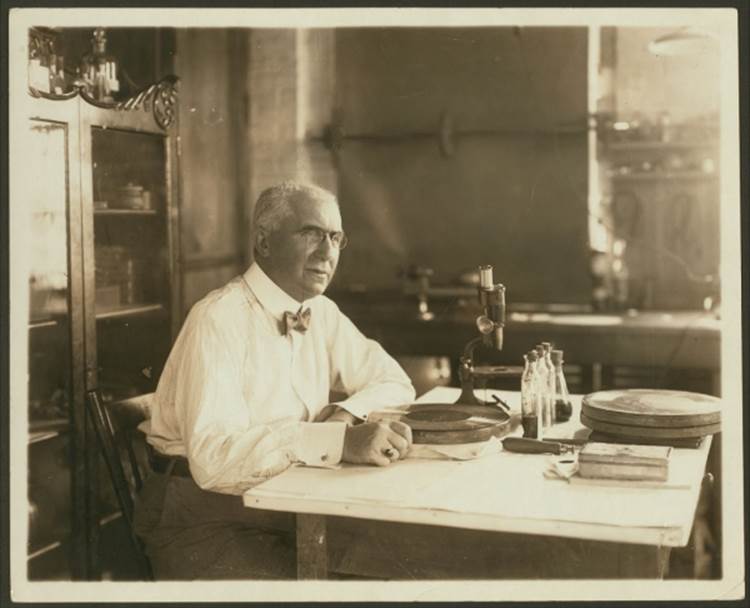
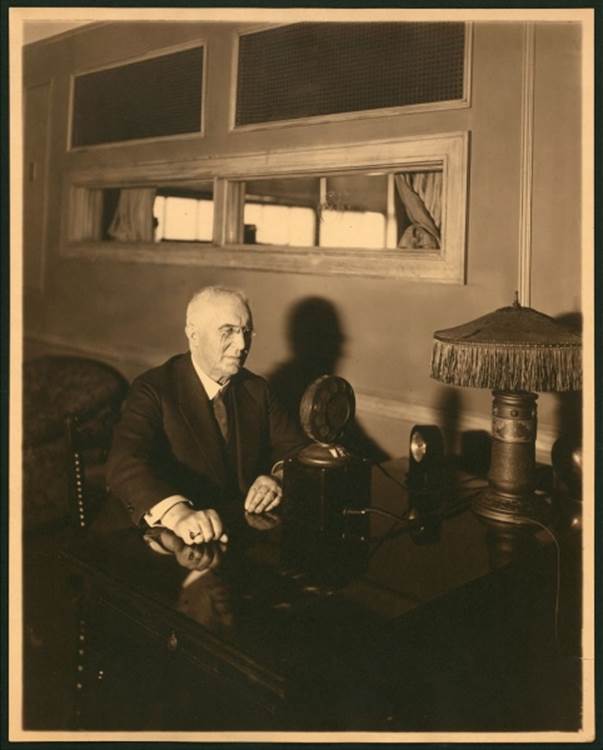
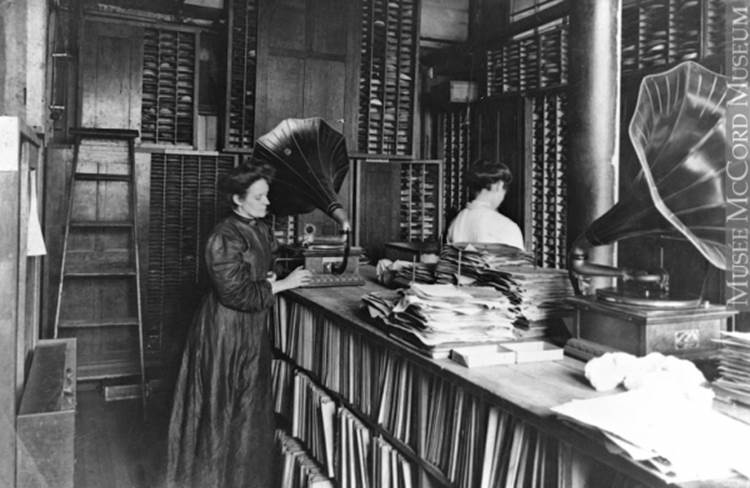
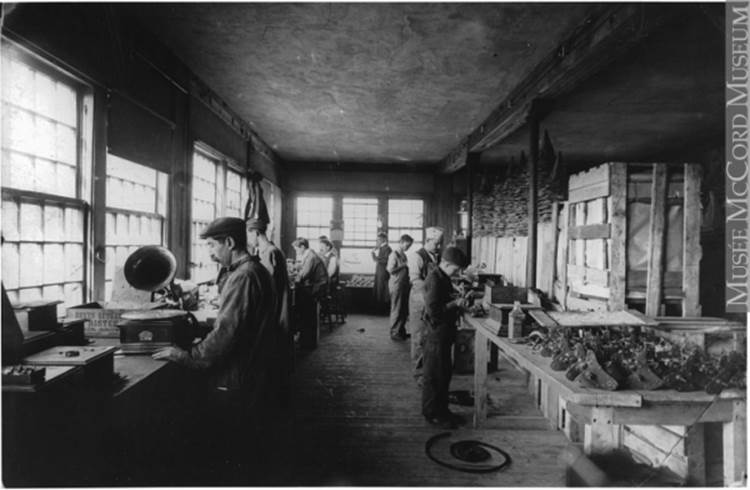
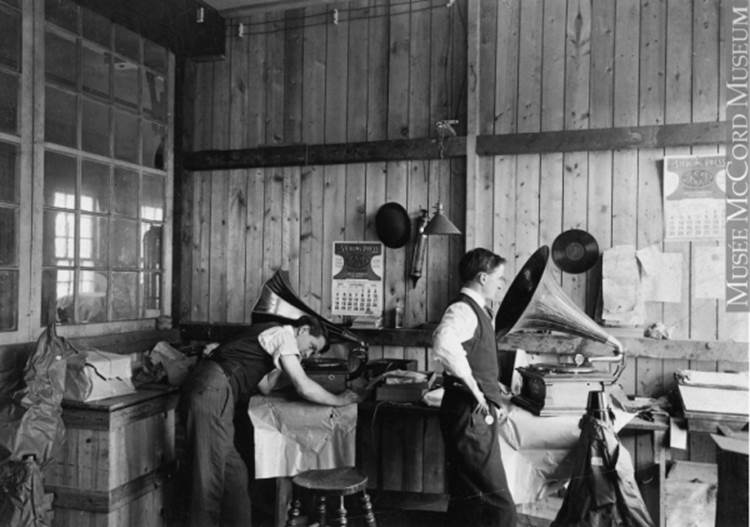
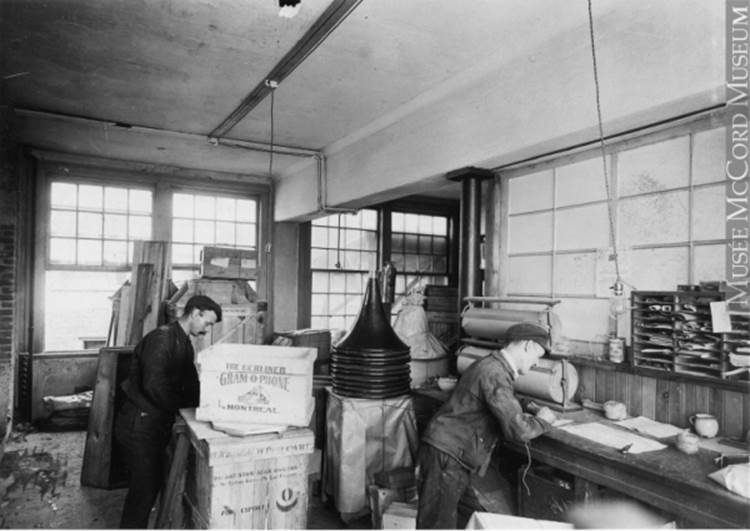
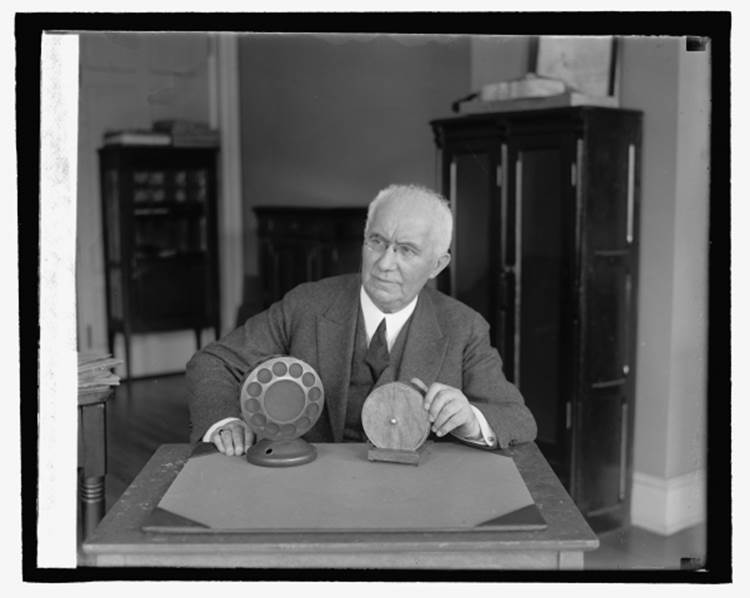
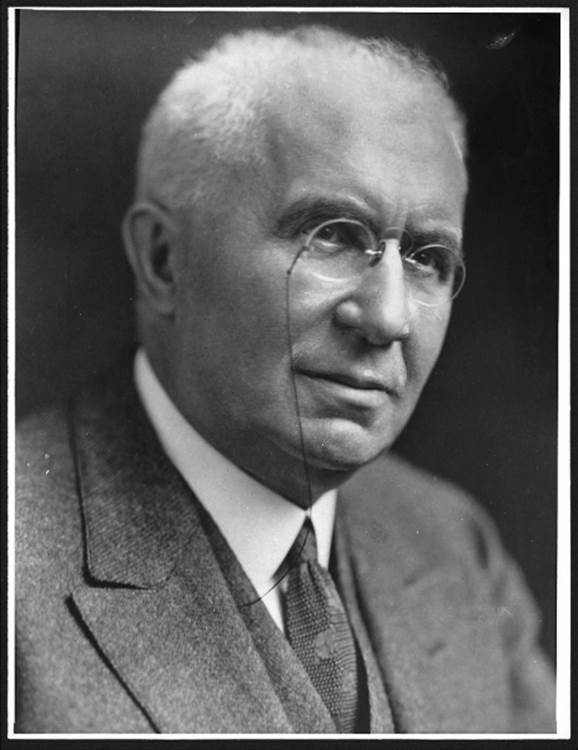
Emile Berliner was the inventor of the gramophone and the carbon-button microphone, and his business, Berliner Gram-O-Phone, was the precursor to modern record labels including Universal Music Group, EMI and Sony Music Group.
Emile Berliner was born in Hanover, Germany. Son of a Talmudic scholar, Berliner worked odd jobs after completing public school in 1865. In 1870, he accepted a position with a dry-goods company called Behrend, requiring him to immigrate to the United States. While working for that company, Berliner witnessed Alexander Graham Bell’s demonstration of the telephone at the 1876 Centennial Exhibition in Philadelphia. He immediately began to study the possibilities and shortcomings of Bell’s invention, and invented a new transmitter in 1878, improving upon Bell’s design. Thomas Watson from the American Bell Telephone Company immediately offered Berliner a job as a research assistant.
Berliner worked for the American Bell Telephone Company until 1883, when he moved from Boston to Washington, D.C., to embark on new research. In 1887, the year widely considered to mark the beginning of the record industry, Berliner embarked on his greatest invention, the gramophone. The Imperial Patent Office, proclaiming his invention superior to that of Edison’s cylinder phonograph, honoured Berliner for his achievement in 1890. After conflicts with his associates over the exclusivity of sales rights, Berliner was obliged to cease selling his product in the United States, and came to Montreal at the beginning of the 1900s. He established the Berliner Gram-O-Phone Company in St-Henri in 1908, and expanded his business on the same street block in 1912. This company was the precursor to many major record labels, such as RCA-Victor, Deutsche Grammophon, Universal Music Group, EMI and Sony Music Group. Berliner stayed at the head of the company until 1924, when it was purchased by the Victor Talking Machine. Berliner’s sons, Herbert and Edgar, were involved in the Montreal recording industry in the 1920s and 1930s, including the emerging Francophone market at that time. In fact, La Bolduc, a pioneer of Quebecois folk music, made her first recording in 1929 with Herbert’s company.
Berliner was also involved in social and community affairs. His main focus was public health, especially that of children, and he supported efforts for cleaner milk. Berliner was an ardent defender of women’s equality, a talented composer and musician, and was deeply interested in aeronautics. In 1907, he even invented a helicopter prototype. He was an active Zionist and wrote countless articles and letters between 1913 and 1919, calling for a Jewish home in Palestine. He never lived permanently in Montreal, but often visited the city to manage his business.
Special thanks to the Museum of Jewish Montreal.
Learn More:
http://imjm.ca/location/1564
http://mimj.ca/location/1749
http://moeb.ca/en/emile-berliner
http://studiovictor.ca/en/hystory/
http://www.ameriquefrancaise.org/en/article-298/first_recordings_of_popular_songs_in_french_canada.html
https://memory.loc.gov/ammem/berlhtml/berlemil.html

